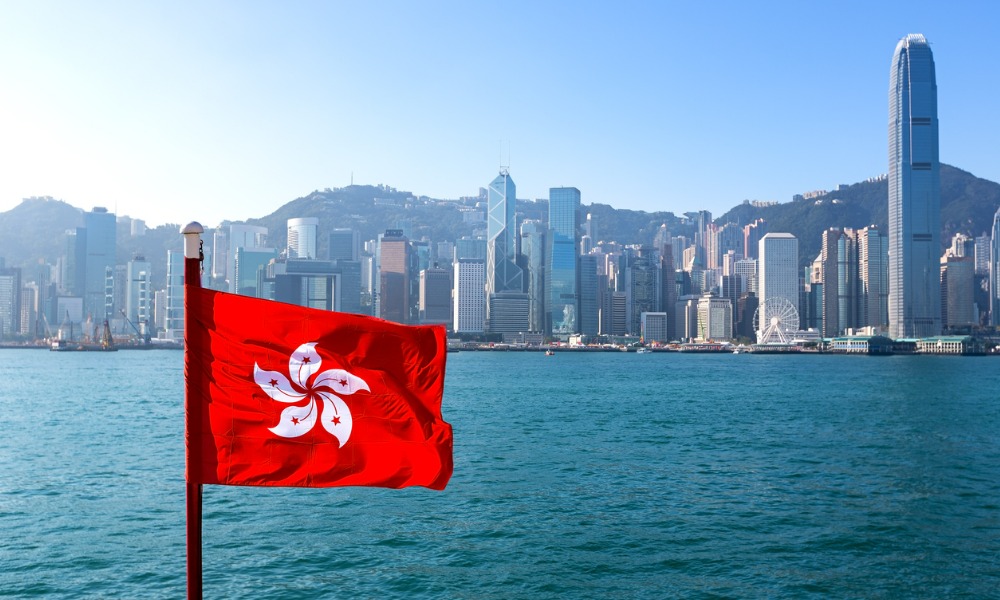
The organisation has called for HK's two legal bodies to denounce the move

The International Bar Association’s Human Rights Institute (IBAHRI) has slammed Hong Kong authorities’ issuance of arrest warrants for pro-democracy figures currently in self-exile outside the country.
Warrants were issued on 3 July for the following: former lawmakers Dennis Kwok and Ted Hui; lawyer and scholar Kevin Yam; unionist Mung Siu-tat; pro-democracy activists Nathan Law, Anna Kwok and Finn Lau; and online commentator Yuan Gong-yi. The eight had allegedly breached Hong Kong’s national security law while in exile across Australia, the UK and the US.
The charges include ‘incitement to secession’, ‘incitement to subversion’ and ‘collusion with a foreign country or with external elements to endanger national security’ based on articles 21, 23 and 29 of the Hong Kong national security law. The charges carry a maximum life sentence, and articles 37 and 38 of the law grant extraterritorial reach, according to the IBAHRI
The Hong Kong police announced that those who provided information facilitating the incarceration of the eight would be rewarded with HK$1m each. The police also confirmed that any person who supported the eight financially would be regarded as lawbreakers.
“Offering a cross-border bounty on the head of Hong Kongers overseas poses a serious threat to their safety. It is an intolerable affront to the rule of law and a ‘Wild West’ practice. This latest move is even more worrying considering the mounting evidence of China’s covert police stations in countries around the world”, IBAHRI co-chair Anne Ramberg Dr Jur hc said. “The IBAHRI calls on the Australian, UK and US governments to take concrete steps to guarantee the safety of the eight accused individuals and the ever-growing Hong Kong community seeking protection overseas”.
The Hong Kong Law Society and the Hong Kong Bar Association said on 6 July that they had received complaints against a member for suspected security law violations, which the IBAHRI indicated was a subtle reference to Yam. The Law Society said that it would launch an investigation, while the Bar Association said that it would handle the complaints “seriously and expeditiously”.
The IBAHRI stated that instead of conducting investigations prior to a member’s arrest or conviction, the Law Society and the Bar Association “should be denouncing the use of bounties as an unlawful means of bringing people before courts”.
“The UN Basic Principles on the Role of Lawyers and the IBA Standards for the Independence of the Legal Profession highlight the vital role of professional lawyers’ associations in upholding professional standards and ethics, protecting their members from persecution and improper restrictions and infringements, and cooperating with governmental and other institutions in the furthering of justice”, the IBAHRI said.
Since its passage in June 2020 by the top legislature in China, the national security law has been under fire as “as a dangerously vague and broad piece of legislation that can be easily weaponised to crush democracy advocates, not only within Hong Kong but in any part of the world”, the IBAHRI said.
“The possibility for extraterritorial application foreseen in the legislation is yet another tool of transnational repression in the hands of an authoritarian regime”, IBAHRI co-chair Mark Stephens CBE said. “The international community must protect the human rights defenders speciously targeted through the NSL”.